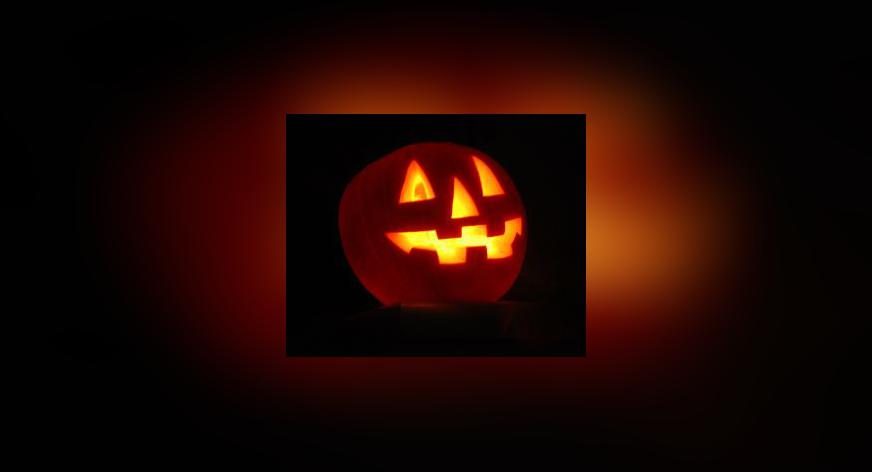

 Goblins, ghouls, ghosts and zombies…Oh my!
Goblins, ghouls, ghosts and zombies…Oh my!
Why do we love Halloween? Is it the costumes? The candy?
Are you ready for Halloween?
According to a recent US National Retail Federation survey, a record 170 million Americans plan to spend $8 billion on Halloween, for costumes, candy and decorations.
English professor Eric Wilson of Wake Forest University says we love the holiday for deeper reasons than just a night of fun, especially during economic difficulties.
Escapism from hard times is part of this. He says that, on Halloween, we can pretend to be someone else, and not focus on worries or regrets.
Celebrating the enchanted is another part of this and takes people’s minds off their “limitations and mortality.”
An important aspect of the holiday is to make it OK to wear a mask. Wilson says,
“To get along in the world we constantly pretend to be nicer or happier than we really are, especially during a difficult economy when to get and keep jobs we are expected to put a good face on things. On Halloween, it’s okay to come out as a mask-wearer and feel relief we no longer have to hide.”
Even the fascination with zombies is explained. Wilson says they are just scary and we like to be scared: “It’s the ultimate thrill ride.”
Read more about Wilson’s theories here.
But what about all that candy from trick or treating? How much is too much? Pediatrics professor Ken Haller at Saint Louis University says Halloween is a social time and kids want to enjoy the holiday perks. He says it is OK for parents to allow their kids to be part of the holiday spirit.
“Eating candy on Halloween is like taking a vacation, kids should not make it a habit,” said Haller. “After the holiday they should feel like they have had enough candy and be willing to go back to their regular diet.”
Parents should, however, stress moderation in eating that candy. Not all of it needs to be eaten (how about freezing some?). Parents can also stress the concept of sharing with those who are not so fortunate. And, of course, dentists like to use Halloween to talk about healthy dental habits and urge parents to reinforce daily brushing habits!
What do you love best about Halloween? Let us know in the comments below.
Our Halloween competition is underway! For your chance to win send us a Halloween family photos (from this year or previous years) by Friday. Full details here.

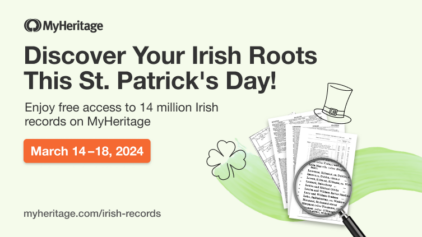
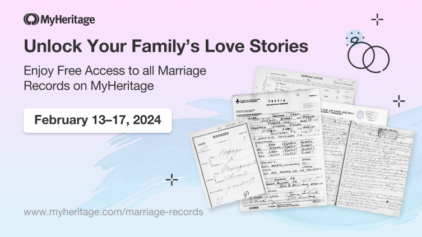
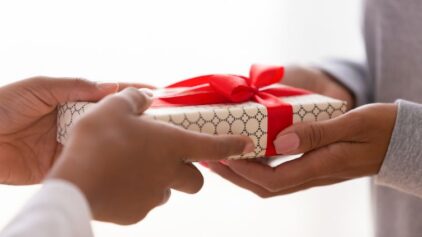

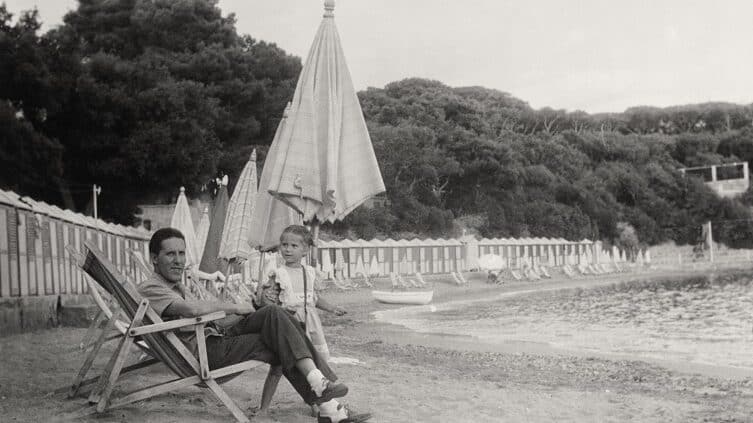
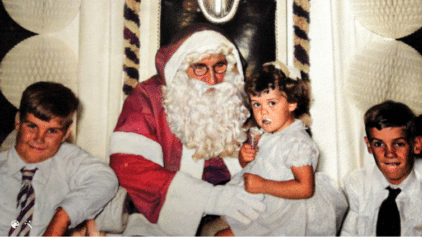
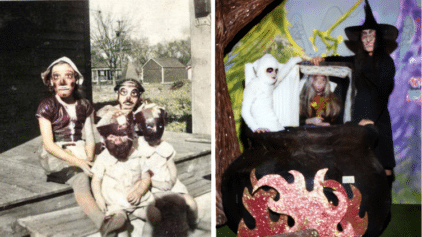
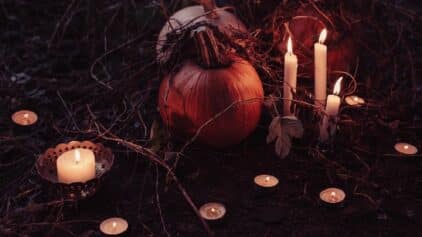
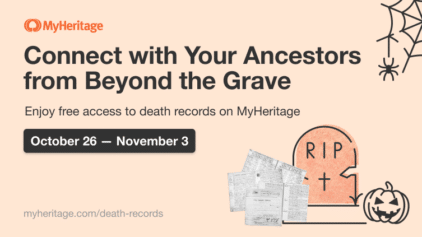
Philip Russell
November 8, 2012
There is a lot of nonsense written about Halloween and still more practised. Few people seem to be aware that this “celebration” originated in the religious part of the Celtic culture, the last remnants of which survived (and in many ways still survive) in Ireland. Halloween customs were brought to the Americas by Irish emigrants in the nineteenth century and took root there, though we in Ireland now regard what we see over there as a bastardisation of an ancient tradition.
So, what and why?
The Celtic calendar (which we, traditionally, still retain) divided the year into two main seasons: Summer, beginning on the 1 May and Winter on 1 November, the feast of Samhan, pronounced “SOW-un”) god of
death and the otherworld. On the eve of this feast the barriers between this world and the next were lifted and the dead could return to mingle with the living. The living, if they wished not to be recognised, disguised themselves (unpaid debts or injuries?), the origin of the modern “dressing up”. There was no tradition of “trick or treat” except for the possible giving of small gifts to unrecognised callers to encourage them to go away, lest they be returning (and unwelcome) spirits
The carving of pumpkins was unknown in Ireland until two or three years ago as were pumpkins. Our ancestors used to carve turnips into
lanterns but when they went to America they found that pumpkins were much easier to work with and used them instead.
As to decorating houses, anything more than a minimal display in the porch is regarded as gross vulgarity and is the subject of derision.
It would appear that commercialisation has take over, Auri sacra fames!
!